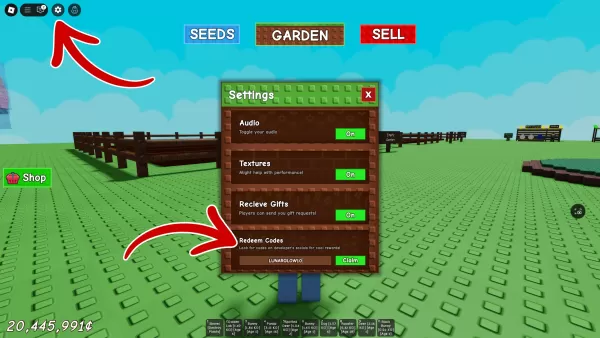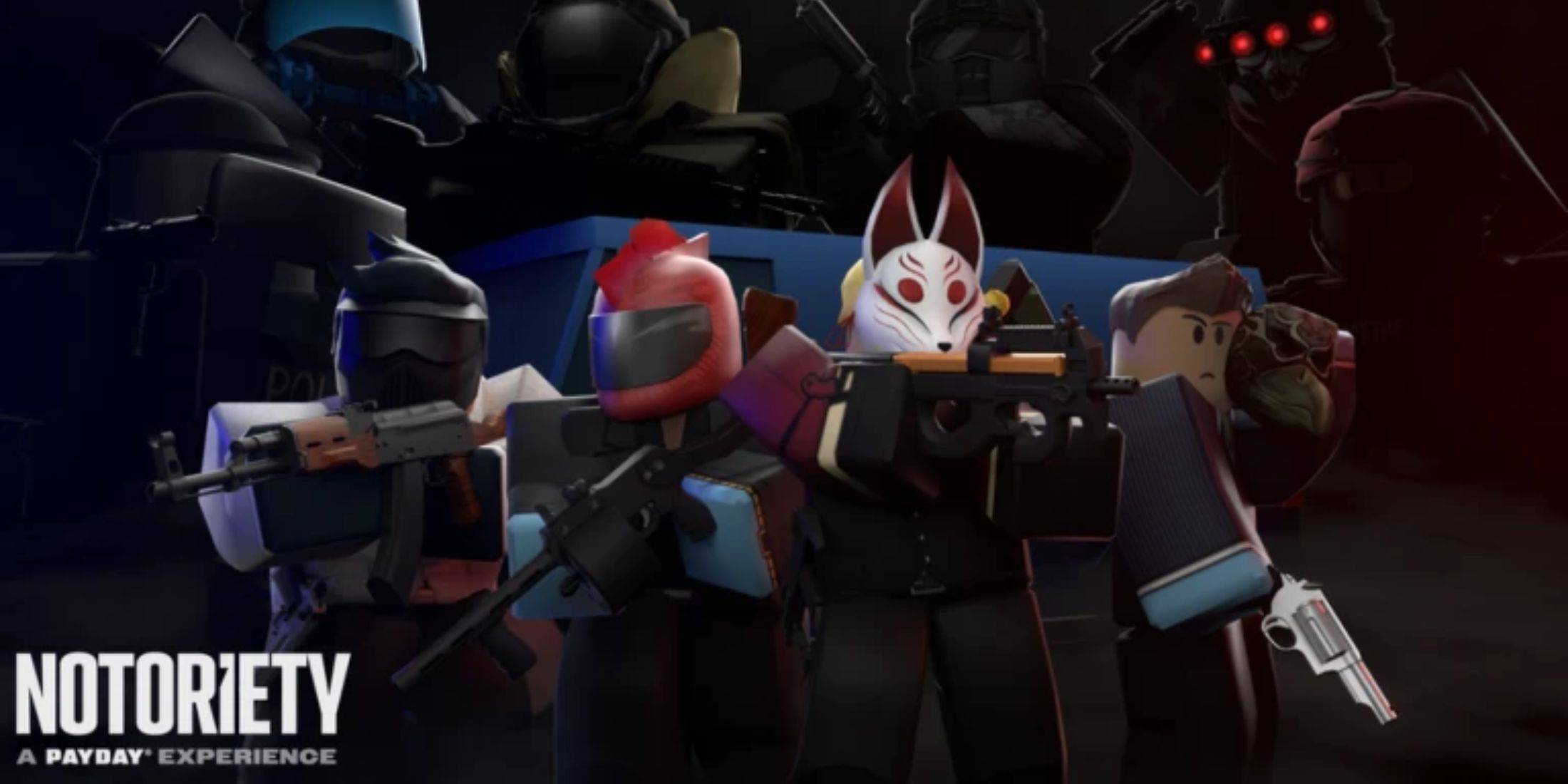Nintendo clamps down on content, warns of bans
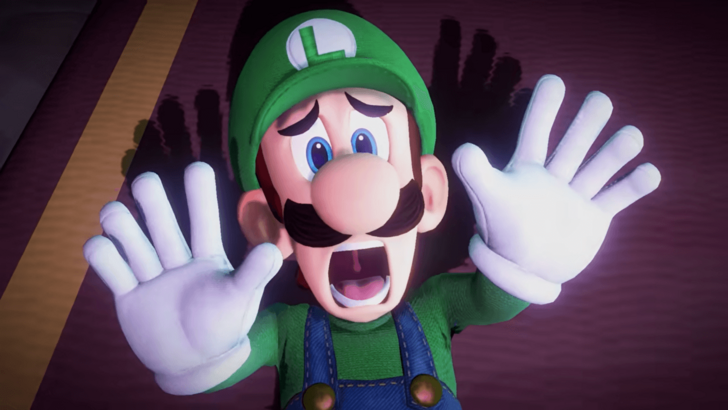

Nintendo has recently updated its content policies with more rigorous regulations for creators. Violations could lead to severe consequences, including permanent restrictions from publishing Nintendo-related content.
Nintendo Strengthens Content Policies to Combat Inappropriate Material
Creators Face Permanent Bans for Policy Violations

Nintendo introduced stricter regulations in its "Game Content Guidelines for Online Video & Image Sharing Platforms" on September 2nd. The updated policies impose more demanding requirements for sharing Nintendo-related content online.
The revised guidelines grant Nintendo expanded enforcement capabilities. The company can now proactively remove violating content and restrict creators from future Nintendo content sharing, in addition to issuing DMCA takedowns. Previously, Nintendo only opposed content deemed "unlawful, infringing, or inappropriate." These changes effectively allow Nintendo to permanently ban creators who violate the rules from publishing Nintendo-related material.

While the "unlawful, infringing, or inappropriate" category remains broad, Nintendo has clarified specific examples in their FAQ. Notably, they've added two new forms of prohibited content:
⚫︎ Actions potentially disruptive to multiplayer gameplay, such as intentionally sabotaging matches;
⚫︎ Content featuring graphic, explicit, harmful, or offensive material, including statements or actions considered demeaning, obscene, or disturbing;
These policy changes follow recent DMCA takedowns. Industry analysts suggest the revisions may stem from an incident involving a Splatoon 3 content creator.
Nintendo Removes Splatoon 3 Video With Mature Themes
Nintendo recently deleted a Splatoon 3 video by creator Liora Channel that featured female players discussing their in-game dating experiences. The August 22nd upload included personal stories about interactions with notable Splatoon 3 players.
Liora Channel confirmed Nintendo considered the content unacceptable and has publicly committed on Twitter (X) to avoiding sexually suggestive Nintendo-related material moving forward.

These policy updates address growing concerns about predatory behavior in online gaming spaces, particularly those targeting younger audiences. Promoting romantic encounters in games designed for minors can have serious consequences. Bloomberg has reported multiple cases of predators using platforms like Roblox to groom and exploit victims.
Given creators' influential roles, Nintendo aims to prevent associations between its family-friendly games and potentially harmful activities that could endanger young players.
-
Digimon Invades Crystal of Atlan in Epic Crossover EventThe digital monsters are breaking into new territory as they arrive in Crystal of Atlan's fantasy world. Players can recruit powerful Digimon companions and mounts to combat the dimensional threAuthor : Layla Mar 04,2026
-
The Sony DualSense stands out as the premier PS5 controller, thanks to its innovative features, comfortable grip, and ergonomic design that enhance your PlayStation 5 gaming experience. Connecting it to a high-performance gaming PC might seem challenAuthor : Aria Feb 23,2026
- Black Ops 6 Zombies: How To Configure The Summoning Circle Rings on Citadelle Des Morts
- Roblox: Latest DOORS Codes Released!
- Harvest Moon: Lost Valley DLC and Preorder Details Revealed
- Silent Hill 2 Remake Coming to Xbox and Switch in 2025
- Roblox: Blox Fruits Codes (January 2025)
- Roblox: Freeze for UGC Codes (January 2025)

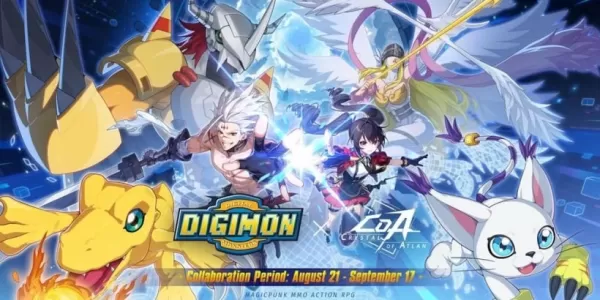
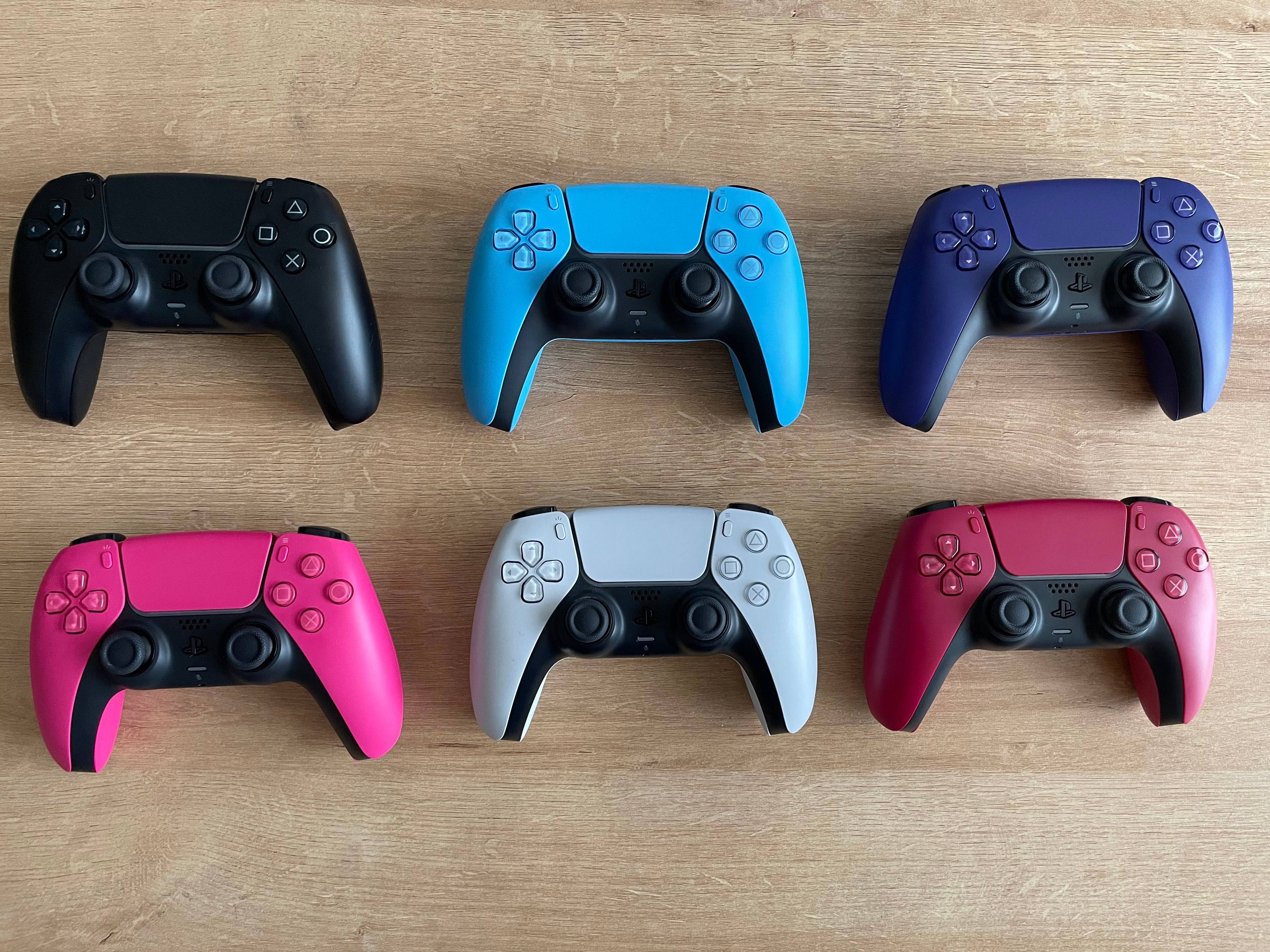

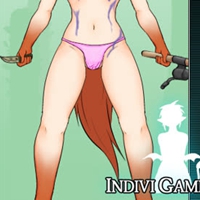









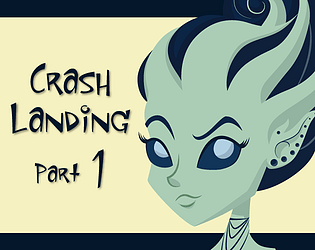



![Taffy Tales [v1.07.3a]](https://imgs.ehr99.com/uploads/32/1719554710667e529623764.jpg)



